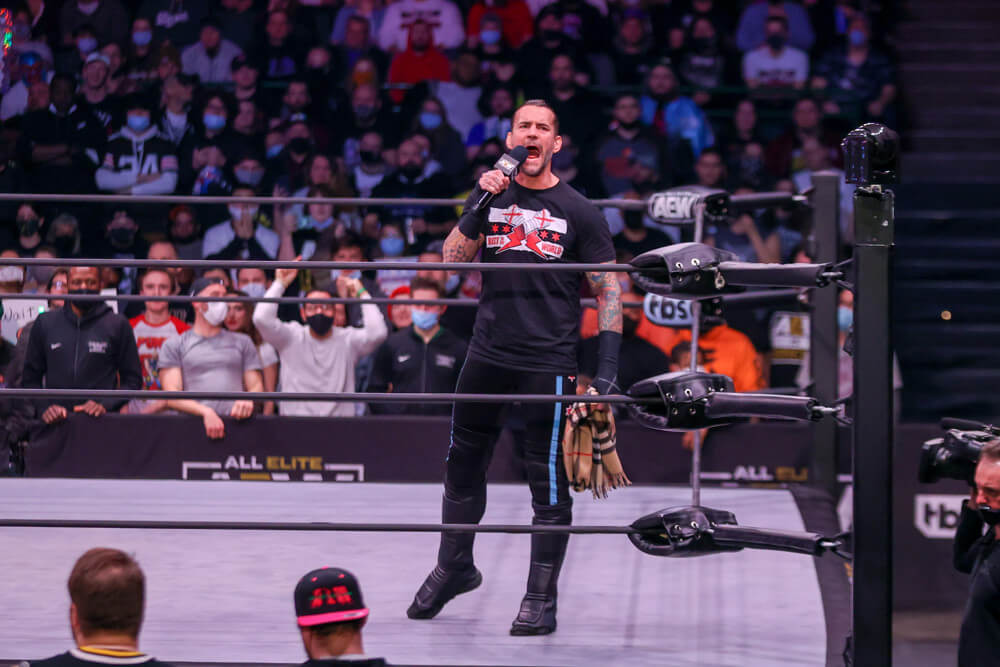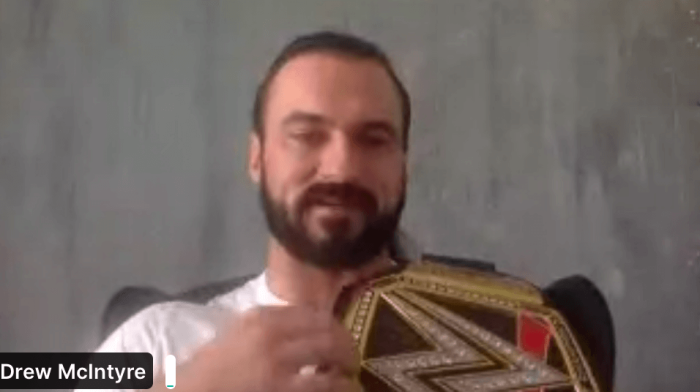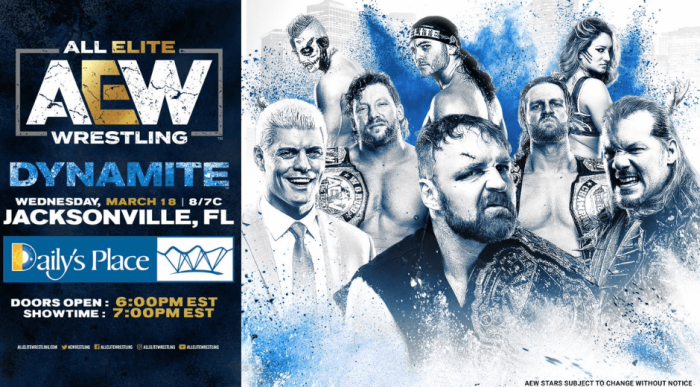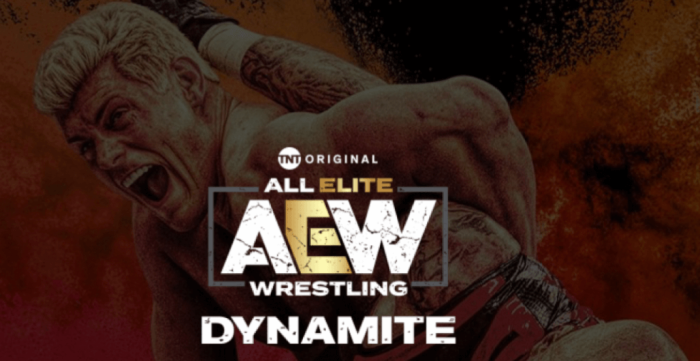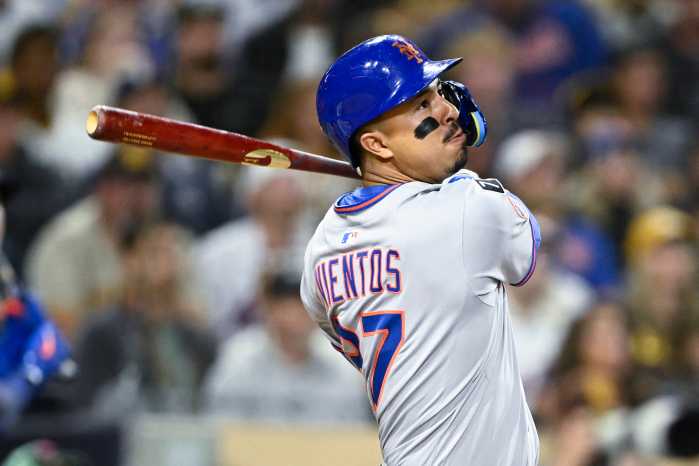In 2011, the state of professional wrestling was adrift. Nothing broke through the mold, bringing professional wrestling to the mainstream. For the better part of a decade, WWE meandered through weekly episodes of programming. Sure, the usual eyes were on the product, but it was clear that they were comfortable in their monopoly. Then, the only show in town became relevant.
During a match between John Cena and R-Truth, CM Punk did a run-in. Cena was about to handle Punk, but R-Truth ran Cena through a table to finish the match. Moments later, Punk had a microphone in his hand, prepared to flip professional wrestling on its ear.
Professional wrestling was relevant in mainstream media and pop culture. Art imitated life, which is the best kind of storytelling. Punk routinely turned questionable creative plans into incredible work. However, his cuts into Vince McMahon were precision, complete with having his microphone cut.
Does that seem familiar?
Punk became the biggest star in professional wrestling, spoonfeeding relevancy to WWE. After leaving WWE, he was the hottest commodity in professional wrestling, though he was out for seven years before returning in 2021.
Last night, Maxwell Jacob Friedman hit another grand slam. His ongoing arbitration with Tony Khan is a masterclass in raising his stock. A heat magnet before arriving in AEW, MJF is leveraging that he’ll go wherever and be the best. The generational talent is honest. He could go directly to WWE, which sets the tone for the Summer of MJF.
Are you drawing the parallels?
The state of professional wrestling is different from 2011. The fanfare is more abundant. Punk is the AEW champion, and MJF is in the middle of another grand slam in a superstar role. The context magnifies MJF as a potential transplant to WWE that might be enough to make the companies go to a head-to-head rating war akin to the late 1990s.
When MJF began to speak, he introduced himself as Max Friedman, like Punk did when he broke the fourth wall, introducing himself as Phil Brooks when face-to-face with Triple H. By the end, he dared Khan to fire him before finishing in a late Brian Pillman fashion.
Famously, Pillman went rogue in WCW, convincing Eric Bischoff to fire him so he could appear on another program as a free agent. Pillman showed up in ECW and WWE before signing with the latter. Bischoff lost a talent who snatched professional wrestling by the throat.
The Summer of MJF
There is a lot of truth and breadcrumbs to feed on from the MJF versus Punk saga. The storytelling revealed how much MJF looked up to Punk. Imagine a heel often being booed out of every building he steps into that can twist the audience to receive sympathy. When MJF told his story about meeting Punk as a youngster, before wearing a shirt with the photo he took with Punk while beating him bloody, he made the crowd feel something real. It was engaging storytelling based on reality.
Consider realism a critical point with MJF and Khan. Money is the motivation for any drama between a worker and their boss. MJF is hellbent on being paid like a main eventer, calling out Khan for hoarding money to pay ex-WWE wrestlers. That strikes a chord, especially when AEW was an alternative to WWE.
As time moves on, MJF will have more concrete points. Additionally, you don’t know what he will say. He is must-watch television.
Imagine MJF challenging Punk for the AEW championship with his job on the line.
If AEW wants to recapture the magic that made professional wrestling a household event, they have the powder keg. MJF will eventually topple Punk. Everything lines up. Will Khan have a hand in that? Punk teamed with FTR last night, previous allies to MJF, and we know AEW loves slow-burning, long-term storytelling.
(Photo by Frank Jansky/Icon Sportswire)

